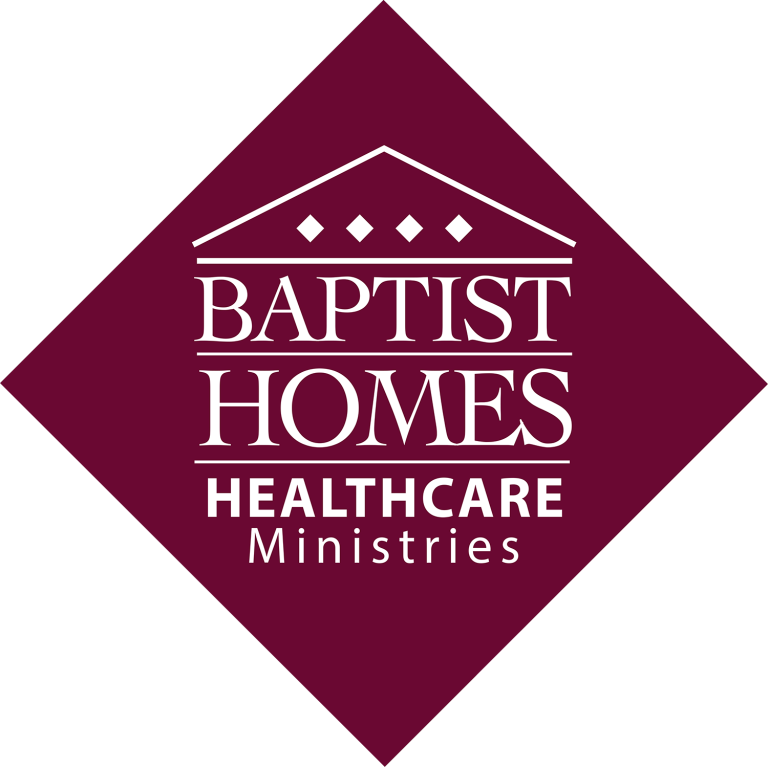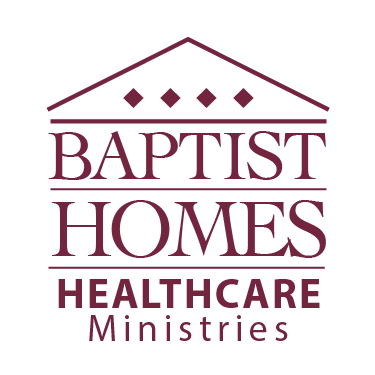Clinically, trauma is “a psychological, emotional response to an event or an experience that is deeply distressing or disturbing.” The event or experience can be either something an individual did, experienced, or witnessed. Nearly everyone experiences some level of trauma, but the severity, and how each individual interacts with that experience can vary drastically. When an instance of trauma results in symptoms which get worse, last for months or years, and interfere with day-to-day functioning or activities of daily living, this is called Post-Traumatic Stress Disorder (PTSD.)
PTSD often goes undiagnosed for many years, if it is ever diagnosed. PTSD can be related to many different traumatic experiences. Among the most common are rape, sexual abuse, and military service. In a healthcare situation it is also possible that a caregiver and the patient may both experience PTSD, which may negatively interact during care. Some symptoms of PTSD include a startle reflex, memory loss, fear, flashbacks, anger, depression, anxiety, insomnia, nightmares, and self-medication with drugs or alcohol.
A similar, but not identical trauma related condition is moral injury. Moral injury refers to injury to an individual’s moral conscience and values resulting from an act of perceived moral transgression, which produces profound emotional guilt and shame, and in some cases also a sense of betrayal, anger and profound “moral disorientation.” Most research relating to moral injury has been conducted in two areas: the armed forces, and the healthcare industry. While there are some differences between the two, what remains true is that the trauma experienced can result in a jaded view when a person looks at the world from a moral perspective. Often it starts when a person sees someone else, or they themselves do something that they did not feel was possible before it happened.
Moral injury is an erosion of trust in oneself, in others, and/or in one’s perceptions of right and wrong. It can look a lot like PTSD, with overlapping symptoms of anger, depression, anxiety, insomnia, nightmares, and self-medication with drugs or alcohol. However, some unique symptoms which point to moral injury instead of, or alongside, PTSD include sorrow, grief, regret, shame, and alienation.
By following a Trauma Informed Care Planning Model, a caregiver can incorporate the resident’s psychological and spiritual events into their physical care. That planning model includes:
- Safety: residents and staff must feel physically and psychologically safe
- Trustworthiness and Transparency: Decisions are made transparently, make tasks clear and maintain appropriate boundaries
- Peer Support: individuals with shared experiences are integrated into the organization and viewed as integral to service delivery
- Collaboration: leveling power differences between residents and staff and among staff help support shared decision making
- Empowerment/Voice and Choice: resident and staff strengths are validated, recognized, and built on including the belief in resilience and the ability to heal from a trauma
- Cultural/Historical and Gender Issues: historical traumas, stereotypes, and biases such as those around age, race, ethnicity, sexual orientation are recognized and addressed
Moral injury can happen to anyone, but it is common in healthcare and military service. Thinking about this issue will have a special significance as BHHM aims to set up a veterans campus in Smithville that will specialize in treating veterans that have experienced trauma and moral injury.

